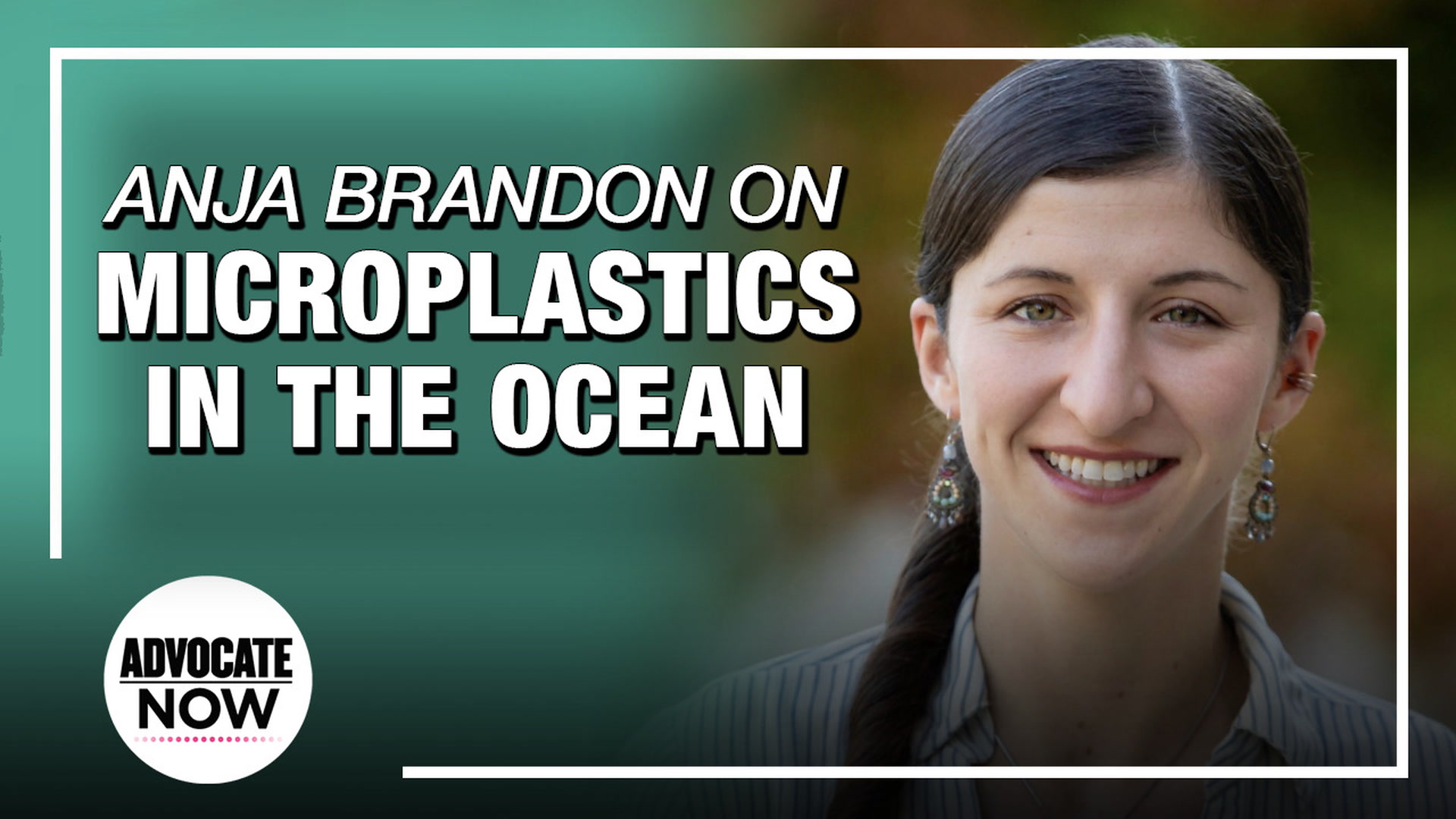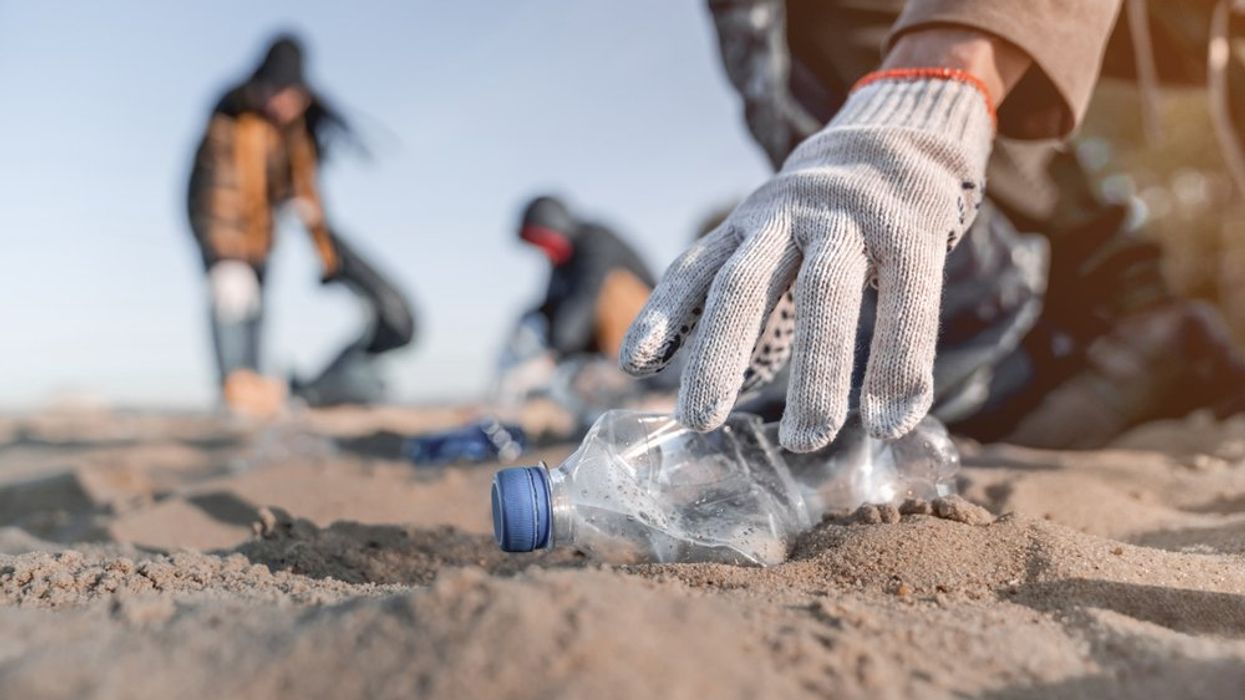As plastic production escalates, conservationists are warning of the impact this pollution is having on the world's oceans.
Recent research has revealed that there are over 171 trillion plastic particles in the world's oceans, most of which are "microplastics." Microplastics are particles 5mm or smaller that cause pollution by entering natural ecosystems from a variety of sources, including cosmetics, clothing, food packaging, and industrial processes.
As Anja Brandon, the Associate Director of U.S. Plastics Policy at Ocean Conservancy, explains: "Microplastics are by far the most common type of plastic pollution in our ocean, and they end up becoming available to the entire food web because of their small shape and size. These microplastics can get lodged in animal guts and gills and tissues, and there is a challenge across the entire food web now down to the things that we as humans are eating."
Anja Brandon on Protecting the Oceans

Ocean Conservancy is an environmental advocacy group that seeks to promote healthy and diverse ocean ecosystems, prevent marine pollution, and advocates against practices that threaten oceanic and human life. One of the nonprofit's main missions is to eliminate plastic pollution from oceans worldwide.
While recycling has long been packaged as the solution to pollution, not all plastics can be repurposed. On products, the "chasing arrows" symbol is typically accompanied by a "resin number," which designates which products are meant to be recycled. However, of the seven groups, only products labelled with the numbers one and two can actually be reused. Those that can't often end up in landfills, or worse, the ocean.
While this may lead to confusion, Brandon says that "so long as we are producing and using plastics, recycling really is the best end of life scenario for these materials to keep us from needing more and more virgin plastic, which are made out of fossil fuels, and to keep plastics from entering our environment or winding up in incinerators or landfills."
However, recycling alone still can't keep microplastics out of the ocean. Still, there are certain regulations that Brandon says could help clean up our waters.
"For recycling facilities, there are air and water quality permits that we should push to update to make sure they're addressing microplastics," she explains. "For our clothes, we can push to require that our washing machines include a filter just like our dryers already do to capture these microfibers."
Brandon says it is important for conservation efforts to "focus in on keeping these microplastics out of the environment in the first place, because once it's out there, we know there's essentially no way to get them back." At the end of the day, she believes that there is only one truly effective solution for this crisis.
"To address this plastic pollution crisis, we need to make less plastic," she says. "The amount of plastics we produce is just untenable."


















































